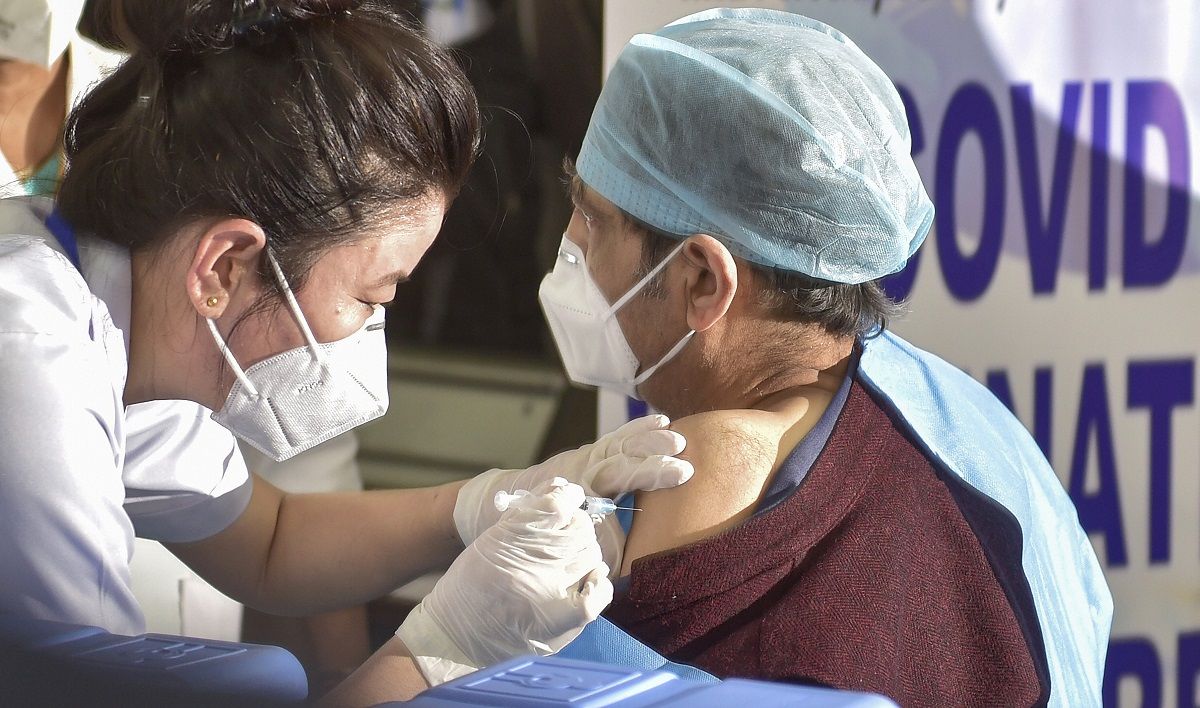New Delhi: At a time when the country is running its vaccine drive in the third phase, India’s efforts appear to add Aadhaar based facial recognition in a bid to make the process go contactless during this pandemic. As per a report by The Print, citing an interview with National Health Authority head RS Sharma, the Unique Identification Authority of India (UIDAI) has already started a pilot project to test its facial recognition algorithms based on a database of facial data obtained from the Aadhaar database. However, the ex-mission director of UIDAI said the process will be key to making the Covid-19 vaccination drive ‘contactless’.
How does the Face Recognition process work? According to the report based on Sharma’s interview with The Print, the COVID vaccine drive at present needs biometric authentication based on fingerprints or retinal scans. But keeping the pandemic situation in mind, facial recognition will help alleviate concerns of accidental infections at vaccination centres. For the contactless vaccination process to work, eligible citizens will have to register for the Covid-19 vaccination setup via the Co-WIN portal on the Aarogya Setu app.
While doing the registration, they need to link their mobile phone numbers and Aadhaar numbers as the identification document. While going to vaccinate themselves at the vaccine centre, the users who have chosen to authenticate their identity by using Aadhaar will have themselves automatically verified by using facial recognition. The process becomes easy and goes contactless, hence it avoids the possibility of getting any infection at the vaccine centre.
How Face Recognition process is beneficial? The first benefit is the process establishes very less contact points between individuals at the vaccine centre. During this pandemic time, the direct and personal contact has been the biggest reason for the spreading of Covid-19 across the world. To avoid this, the use of facial recognition at vaccine centres is of great help.
What are prime concerns around data security? After the NHA announced the facial recognition pilot project in Jharkhand’s Covid-19 vaccination centres, many individuals questioned the need to bring in facial surveillance, Moreover, many users called for adopting steps to “decentralise” the vaccination process, while others called for data security credentials to be established before vital data should be collected.
To address this concern, Ashwini Kumar Choubey, Union Minister for Health and Family Welfare, had stated that individuals will not be required to furnish or link their Aadhaar details to get a shot of the vaccine administered.
However, now it is to be seen how the central government is planning to address such concerns around data security, public surveillance and the effectiveness of such technological infrastructure in the vaccine drive across the country.
